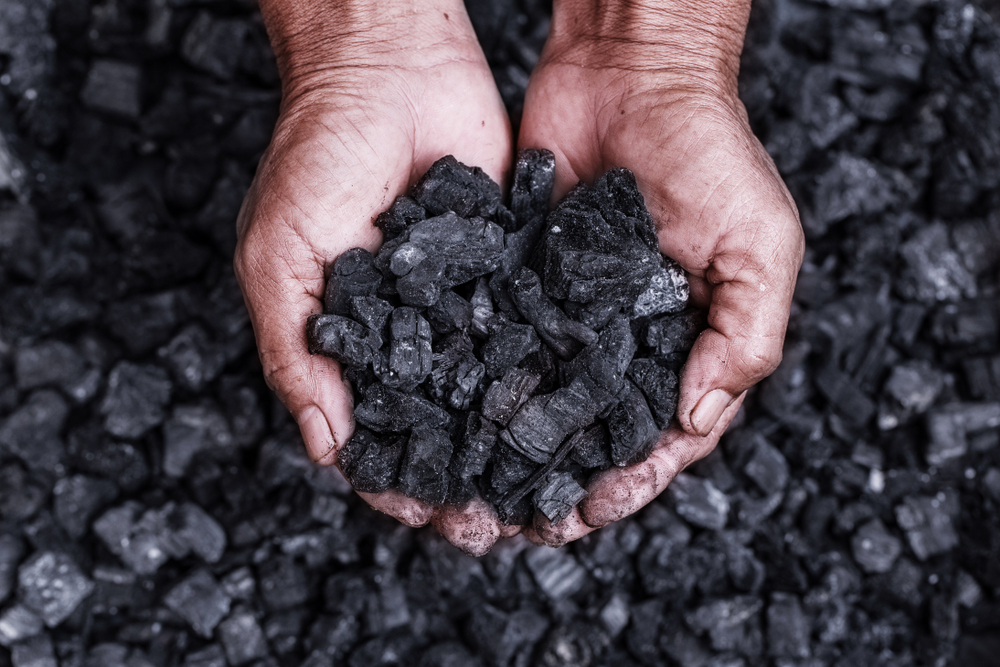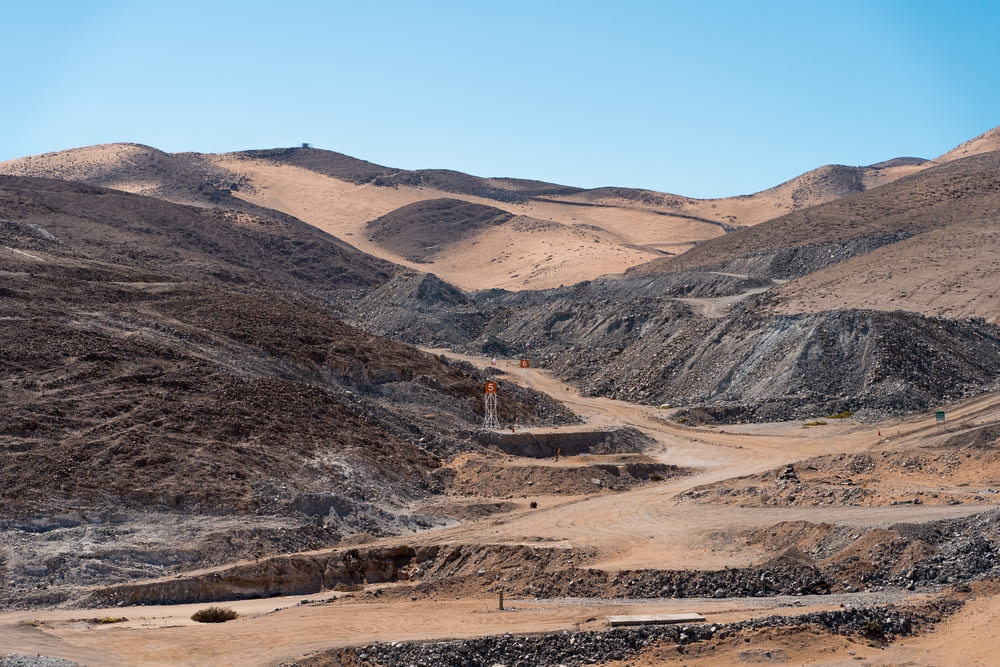
A NSW Government proposal to prevent the Independent Planning Commission (IPC) from considering ‘scope 3’ emissions when assessing mining projects has been welcomed by minerals organisations and deemed as a ‘terrible mistake’ by environmental ones.
It is being reported that the government will move to restrict the IPC from considering the effects of scope 3 greenhouse gas (GHG) emissions when considering coal mining projects, with new laws slated to be introduced to parliament later this week.
Scope 1 greenhouse gas (GHG) emissions are direct emissions from owned or controlled sources. Scope 2 GHG emissions are the emissions released to the atmosphere from the indirect consumption of an energy commodity. Scope 3 emissions are all indirect emissions (not included in scope 2) that occur in the value chain of the reporting company, including both upstream and downstream emissions.
The Construction, Forestry, Maritime, Mining and Energy Union (CFMEU) and Minerals Council of Australia (MCA) have welcomed the news.
The CFMEU states that the new proposed laws to prevent these emissions being considered in local mining approvals are ‘a sensible measure’ and will provide clarity to NSW’s export coal industry.
CFMEU Mining and Energy General Secretary, Grahame Kelly, said making Australian developments responsible for emissions of their customers, often produced overseas when using coal for energy or steel-making, was contrary to global agreements for tackling climate change.
“Local mining projects, including coal mines, need to be responsible for emissions they produce in their operation, that is their scope 1 and 2 emissions,” he said.
“The Paris Agreement says countries must take responsibility for emissions where they are produced and it is what NSW planning law should reflect,” Mr Kelly stated.
In a separate release, Chief Executive Officer of the MCA Tania Constable, said the MCA had previously urged the NSW Government to act on this important issue.
In August, the MCA made a submission to the IPC on the United Wambo project which stated that to safeguard the credibility of project approval processes, the IPC should not impose conditions relating to scope 3 emissions on mining project approvals.
In the submission, the MCA stated that the conditions imposed by the IPC both undermine good management of Australia’s exports and the operation of the UN Framework Convention on Climate Change.
“Nations have agreed to take responsibility for national emissions, and it is neither practical nor plausible for a state government agency to determine or manage the responsibilities of other nations,” she said.
The Nature Conservation Council, Climate Council and Lock the Gate Alliance were quick to condemn the proposed plans.
Lock the Gate NSW spokesperson, Georgina Woods, said the government is ‘capitulating to mining industry pressure’ and ‘winding back laws’ to address the most important strategic, economic and environmental challenge of this century.
“This is a regressive and fatal mistake that will be remembered for generations,” she stated.
Climate Council Senior Researcher, Tim Baxter, also commented that there are real opportunities for NSW in the transition to clean, reliable, affordable renewable energy.
“The NSW Government has a net-zero target by 2050 and it has the potential to become an international hub for renewable energy. Today’s announcement is a big step in the wrong direction,” he said.













